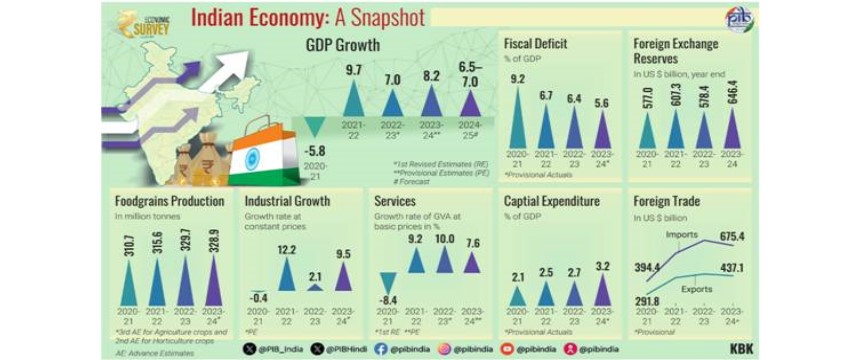Globally, China leads the market 60 per cent of global EV sales
More than 123,000 units of Battery Electric Vehicles (passenger cars) are likely to be sold in India by end of 2024; recording an estimated year-on-year growth of 47.9% as compared to ~83,000 units sold in 2023, according to a report titled “An Overview of Indian Electric Vehicle Market: Trends And Future Outlook” by Frost & Sullivan released in conjunction with India EV 2024.
While south India leads India EV sales with almost half the sales in the country coming from the region, Tata Motors leads the market with over 64 per cent share in EV sales; Tata Nexon EV was the highest selling EV in 2023. Presently, Hyundai Motor and Stellantis have commenced production of EV passenger vehicles in Tamil Nadu, and other prominent automotive companies like Renault-Nissan and BMW are expected to establish themselves and produce EVs in the State.
OEMs are aiming at localising the production of 60-70 per cent EV components by 2030, including critical EV components, apart from the battery. The growing presence of OEMs, component suppliers and battery/cell manufacturing companies in Tamil Nadu makes the State a central force for the growth of EV sales and the EV R&D hub in India.
Across the world, almost 14 million new electric cars were registered in 2023, bringing their total number on the roads to 40 million, closely tracking the sales forecast from the 2023 edition of the Global EV Outlook (GEVO-2023).
The report predicts that the two-wheeler segment will lead India’s shift towards electric mobility, with an expected 50-60 per cent of total demand transitioning to electric by 2030. This trend is followed by electric three-wheelers and small trucks, with electric cars projected to capture about 10 per cent of the total market, influenced by evolving charging infrastructure and consumer price sensitivity.
Yet, the Indian EV market, despite its growth, is nowhere near the global leaders in the segment. Across the world, almost 14 million new electric cars were registered in 2023, bringing their total number on the roads to 40 million, closely tracking the sales forecast from the 2023 edition of the Global EV Outlook (GEVO-2023).
While sales of electric cars are increasing globally, they remain significantly concentrated in just a few major markets. In 2023, just under 60 per cent of new electric car registrations were in the People’s Republic of China (hereafter ‘China’), just under 25 per cent in Europe, and 10 per cent in the United States – corresponding to nearly 95 per cent of global electric car sales combined.
In 2023, just under 60 per cent of new electric car registrations were in the People’s Republic of China (hereafter ‘China’), just under 25 per cent in Europe, and 10 per cent in the United States – corresponding to nearly 95 per cent of global electric car sales combined.
In these countries, electric cars account for a large share of local car markets: more than one in three new car registrations in China was electric in 2023, over one in five in Europe, and one in ten in the United States. However, sales remain limited elsewhere, even in countries with developed car markets such as Japan. As a result of sales concentration, the global electric car stock is also increasingly concentrated. Nevertheless, China, Europe and the United States also represent around two-thirds of total car sales and stocks, meaning that the EV transition in these markets has major repercussions in terms of global trends.
Global electric car sales in 2023 were 3.5 million higher than in 2022, a 35 per cent year-on-year increase. This is more than six times higher than in 2018, just 5 years earlier. In 2023, there were over 250 000 new registrations per week, which is more than the annual total in 2013, ten years earlier. Electric cars accounted for around 18 per cent of all cars sold in 2023, up from 14 per cent in 2022 and only two percent five years earlier, in 2018. These trends indicate that growth remains robust as electric car markets mature. Battery electric cars accounted for 70 per cent of the electric car stock in 2023.



